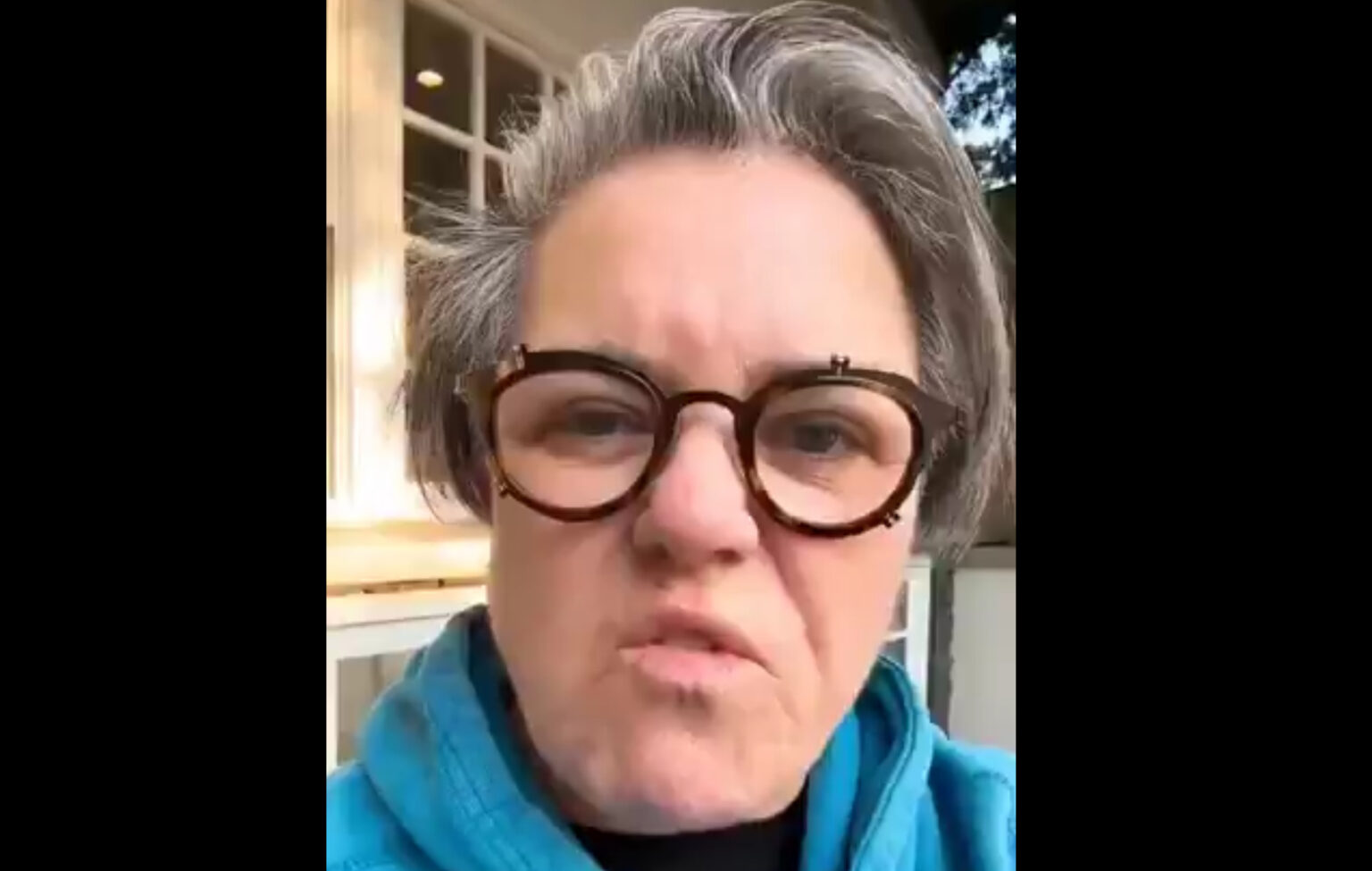In a surprising turn, Rosie O’Donnell has declared she will no longer be watching “Morning Joe,” following hosts Joe Scarborough and Mika Brzezinski’s meeting with Donald Trump at his Mar-a-Lago resort. O’Donnell, a prominent figure known for her vocal critiques of Trump, expressed her discontent with the MSNBC hosts for seemingly softening their stance on the former president after months of presenting him as a significant threat to democracy. In her social media outburst, O’Donnell accused Scarborough and Brzezinski of “kissing the ring” and displayed her disappointment at their apparent shift to a more conciliatory approach towards Trump, calling their actions “despicable.”
The context of O’Donnell’s reaction stems from Scarborough and Brzezinski’s announcement that they would be adopting a “new approach” to Trump’s presidency, particularly in light of his electoral victory. Mika Brzezinski articulated that while they recognized the potential consequences of a Trump presidency, they were open to exploring avenues for constructive engagement across party lines. This recognition of Trump as potentially unifying was a marked departure from their previous rhetoric, which had been largely critical, prompting backlash among some of their viewers, including O’Donnell.
As O’Donnell vocally severed ties with “Morning Joe,” she was not alone in her criticisms. Other notable commentators, such as Jennifer Rubin of the Washington Post, echoed similar sentiments on social media, urging audiences to reassess their loyalty to the show. Rubin pointedly remarked on the necessity of maintaining audience trust and the consequences of perceived betrayal. Her warning underscored how audiences might react negatively towards figures in media who shift from a previously established narrative, especially concerning contentious political figures like Trump.
The heated dialogue surrounding the meeting reflects broader tensions in political discourse. Many feel that certain media figures and outlets may abandon previously held principles in response to changing political landscapes, especially with a polarizing figure like Trump at the helm. O’Donnell and Rubin’s reactions highlight a growing concern among some liberals that their allies in media are compromising their integrity by reaching out for collaboration after long-standing criticism. This evolution in tone signals a significant challenge for political commentators navigating an increasingly partisan landscape.
In essence, the conflict observed in reactions to “Morning Joe” encapsulates the struggle for media figures to maintain credibility while navigating political realities. The push for a more collaborative stance towards Trump raised eyebrows among viewers who had come to expect a far more adversarial approach. As the situation continues to evolve, the concept of loyalty and trust in political media will remain a contentious topic, impacting not only viewer allegiance but also shaping how political conversations transpire in the public sphere.
Ultimately, O’Donnell’s decision to abandon “Morning Joe” suggests a fracturing of relationships within political media, as prominent figures grapple with the expectations of their respective audiences. As the new Trump administration unfolds, discussions around media responsibility, approach, and the expectations of political discourse will likely remain prevalent, reflecting the delicate balance that commentators must strike between criticism and collaboration. The tumultuous reactions to Scarborough and Brzezinski’s decisions illustrate that for many, media figures are not just reporting on the political climate—they are also deeply entwined with the sentiments of their viewer base, reinforcing the stakes involved in their choices.

